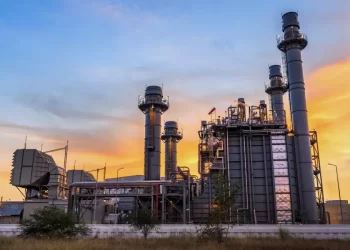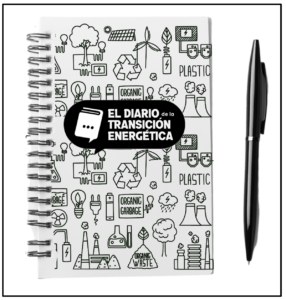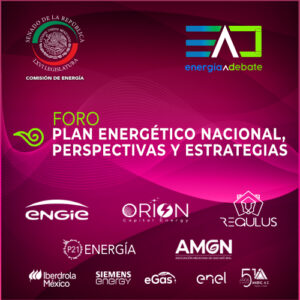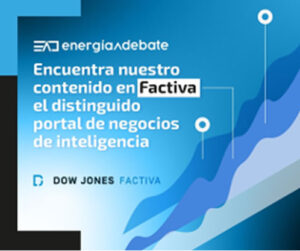International Energy Agency
The amount of investment generated by the market-based instruments (MBI) has increased six-fold over the last ten years. The increase in the number of MBIs, allied with an increase in their ambition, has seen a substantial increase in the expenditure by obligated parties and auction winners on energy efficiency.
The total amount of efficiency investment generated varies by MBI, with programmes focused on low-income households tending to have the lowest leverage effect, and those featuring more measures in the industrial sector having the highest.
Total investment stimulated by MBIs was around USD 26 billion in 2015, accounting for 12% of the USD 221 billion invested in energy efficiency globally (IEA, 2016). Of the investment stimulated by MBIs, just under half was provided by energy utilities and payments to auction winners.

At the Kitakyushu Energy Ministerial Meeting in 2016, G7 countries recognised energy efficiency as the ?first fuel? and asked the International Energy Agency (IEA) to undertake research into market-based instruments, such as energy efficiency obligations and auctions.
Read the full paper ?Market-based Instruments for Energy Efficiency ? Policy Choice and Design? , released by IEA.

 Transporte y Logística
Transporte y Logística Tecnología e Innovación
Tecnología e Innovación Sustentabilidad
Sustentabilidad Responsabilidad Social
Responsabilidad Social Crisis Climática
Crisis Climática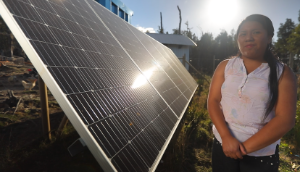 Pobreza Energética
Pobreza Energética Revista
Revista

 Infografías
Infografías






